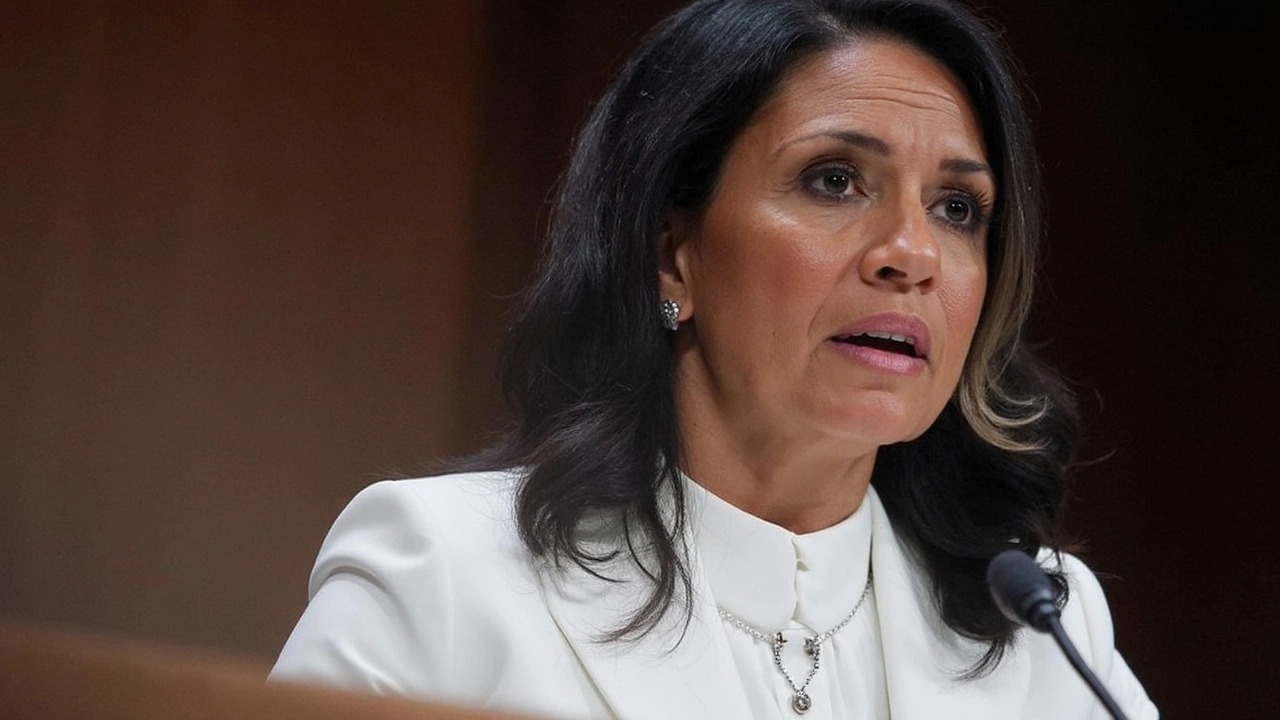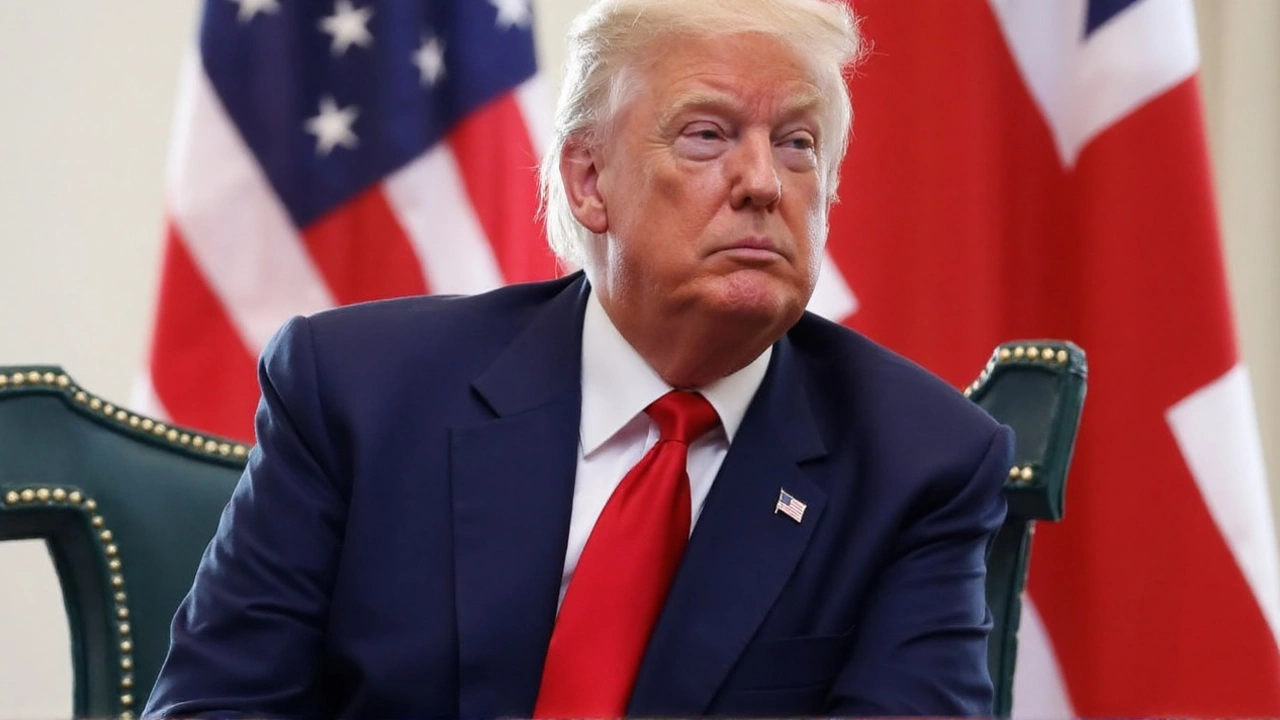Tulsi Gabbard: A New Chapter in Intelligence Leadership
In a significant political shift, former Democratic congresswoman Tulsi Gabbard has been confirmed as Director of National Intelligence by the U.S. Senate, marking a new phase in her career. The vote took place on February 12, 2025, ending with a narrow 52 to 48 margin. This decision highlights Gabbard's evolving political journey from her earlier days in Hawaii's Congress (2013–2021) to her more recent alignment with the Republican Party.
Gabbard's path to her new role comes amid a backdrop of controversy. A onetime Democratic presidential hopeful in 2020, she made headlines when she crossed party lines in October 2024 to support President Donald Trump's re-election. Her confirmation attracted significant attention, not only because of her lack of direct intelligence experience but also due to her previous contentious political actions. Her meeting with Syrian dictator Bashar al-Assad in 2017, advocacy for whistleblower Edward Snowden's pardon, and initial opposition to broad surveillance measures, such as the Section 702 of the Foreign Intelligence Surveillance Act (FISA), all added fuel to the debate surrounding her appointment.
Controversies and Commitments
At her confirmation hearing, Gabbard took a step back from her prior critique of FISA 702. While she once voiced concerns about the program's scope, she pledged to uphold the Fourth Amendment while ensuring national security—a balancing act that remains contentious. Her stance seemed to quell enough concerns to secure vital support from Republican senators, including Susan Collins and Todd Young, whose backing helped tilt the vote in her favor.
Critics remain cautious, citing past abuses of surveillance powers such as warrantless searches on individuals linked to Black Lives Matter protests and those suspected in the Capitol riots. However, Gabbard's supporters, including Senate Majority Leader John Thune, spotlight her military credentials—she is a lieutenant colonel in the U.S. Army Reserve with experience in Iraq—and intimate understanding of congressional intelligence affairs as assets in her new role.
As Gabbard steps into this high-ranking intelligence position, the political implications resonate beyond her individual story. Her confirmation is a reflection of the sometimes unpredictable veneer of partisanship and the evolving political landscapes individuals traverse. Her new responsibilities in overseeing U.S. intelligence agencies will test both her beliefs and her ability to modernize intelligence practices in a dynamic geopolitical climate.



